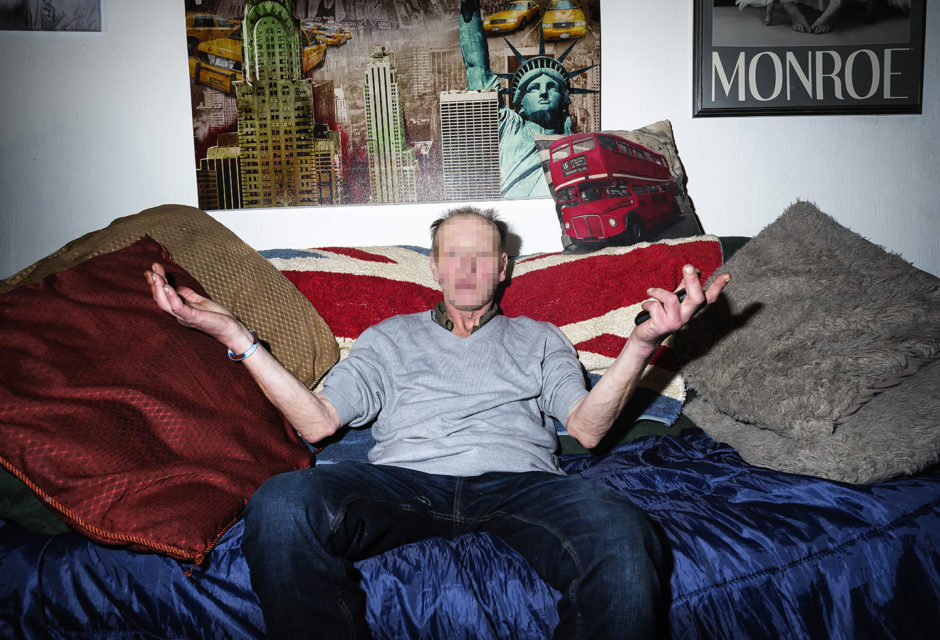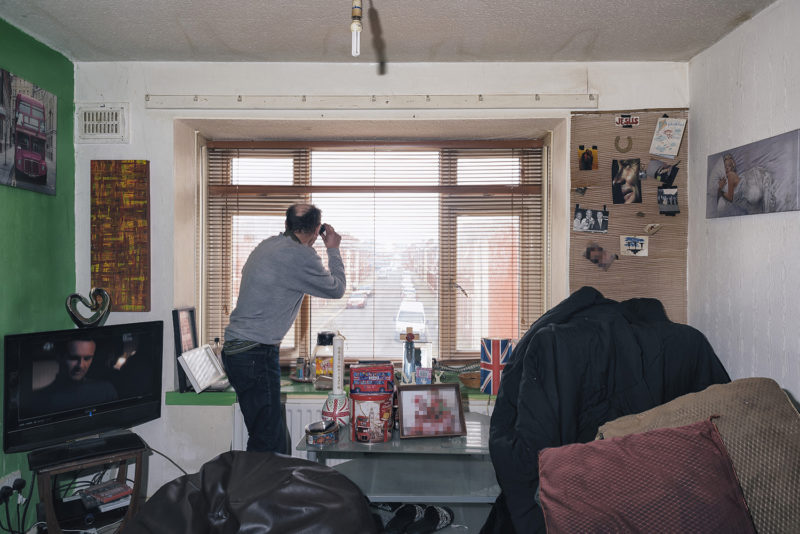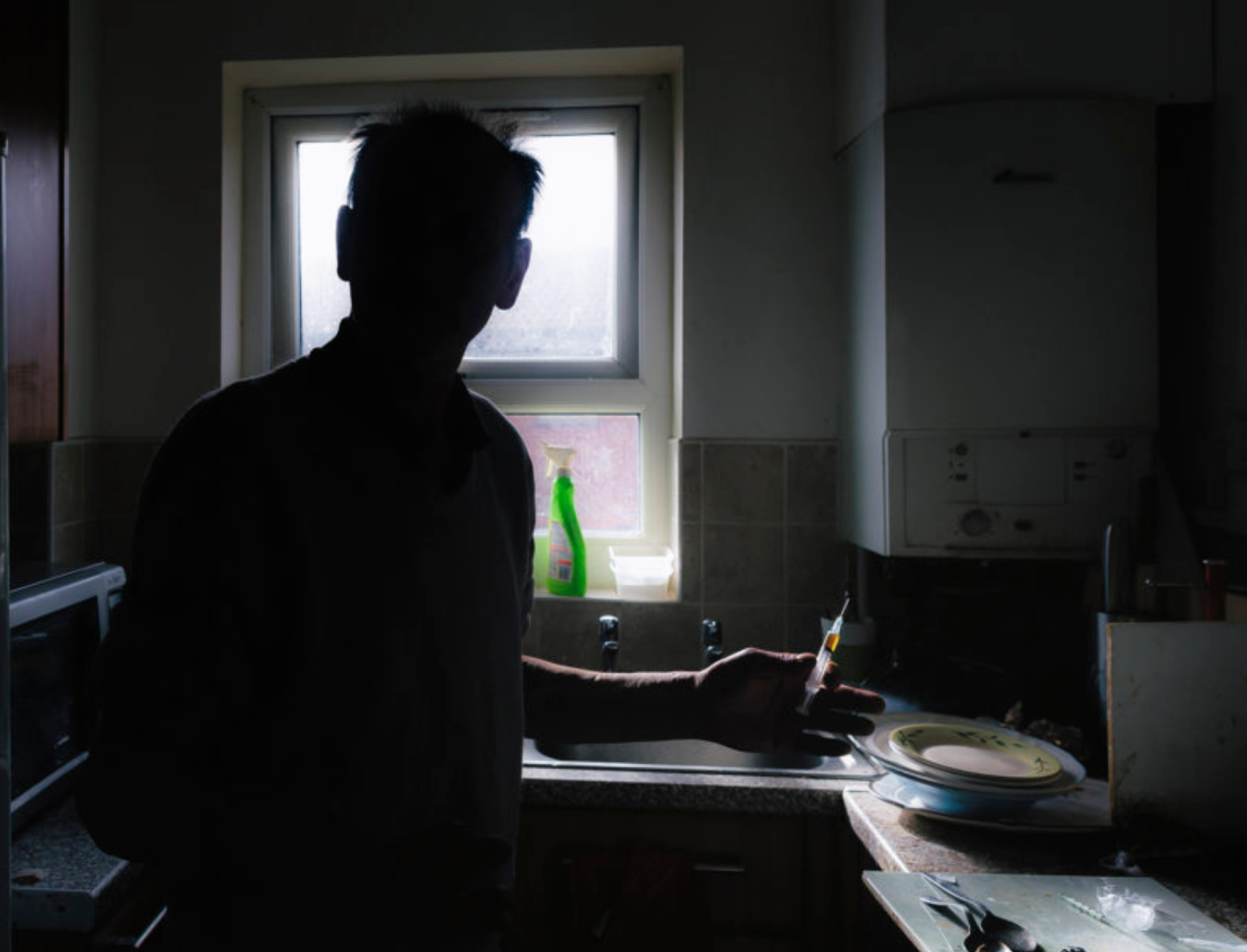STEPHEN SHORE: THE GIFT
A Story of the Unglamorous and the Overlooked.
Documentary Photography by Stephen Shaw.
The eye of the beholder rarely only sees beauty. If really looking, it will instead see despair, frailty, fear, loss, and a tremendous amount of imperfection. These are the things that I direct my lens towards: the human, the “raw and real” of life and society. I don’t seek to glamorise my subjects or their environment; I observe, assess, calculate and look, with declared empathy, from a distance, which is not only necessary to this photographic genre, but has the value of preserving dignity while maintaining the viewers curiosity for more.
It is piece of visual recording and storytelling that reaches into the depths of normalcy, certain to find its manifold inversions. With carefully calibrated doses of everydayness and disillusion, The Gift is a story of life and death, of desire and the inability to avoid it; a story of self-destruction brought on by the brutal honesty of repeatedly failed attempts at self-fulfilment.
Why do you have a natural affinity with documentary photography?
I am drawn to Documentary photography, as it is a challenge to explore, investigate, and delve deep beyond a safe surface. I’m a hawk and I like to gamble, keen to collect, put myself out there and archive.
This medium is associated with social change and calls for action against urgent social issues. Do you design your projects with this in mind?
The UK is one dark mess. I aim to document that, starting from insight into so many personal histories around me. By shaking people up, I hope I can assist on a ground level. Urgent intervention is needed, particularly through education and health care.
Tell me a bit about your most recent project – The Gift?
The Gift features a raw and real, rarely seen, edge of Blackpool. The images being displayed are part of my work documenting this with an enquiry into themes of drug culture, otherness and social cleansing, alongside issues of postmodern perceptions within veracious conformity.
I use a paranoid fiction narrative to tell a dual story as a parallel metaphor to this contemporary “problem,” as an explanation to the way it affects our culture. This narrative constantly shifts and polarises from perpetrator to victim, within a story decipherable through this dual narrative, which is a subterfuge to reality, following a polemic with an obscure rhetoric of repayment that can be more easily seen by both.
Your work is very complex, do you feel there are limits to this medium?
My work is loaded with symbolism and narrative intensity, which are difficult to contain within one shot. I feel that any medium can be evolved and grown through time. Not everyone can see the same, so sometimes one’s vision needs more forms of language to help hone it to a sharp point. Photography is never enough to tell a story, particularly a personal one. Ideally, I always include as much sensory, emotional persuasion as is possible. I see my words and images as an artform that moulds my context towards personal desires.
What do you find interesting about the vulnerability in your chosen subject?
I’m drawn to symbols from real life to explain my beliefs and a more personal memoir. This is the storytelling method that works for me, whilst absorbed within my documentary process, as a way of framing my subject and, as a dual-layered allegory to explain life tragedies poetically. I use language creatively to give clues that help realise a deeper story.
My photographs feature unglamorous, broken and threatened humanity, and dilapidated spaces and structures. I empathise with so many aspects of such vulnerability, as it is a personal reflection of myself, my “black mirror,” which I have had to endure.
My mission as an artist is to push the boundaries of truth.
As a documentary photographer, I experience the tension between the subject and the craft through past personal histories that push me to evolve photography to a new level, the clash of aesthetics and ethics that define what you want to/must do and what you can/are allowed to do?
I see my developing body of work as art contained within a frame of contrasting viewpoints, quietly attempting in a humble manner to bring about change in the way so many people look at modern concepts, and look away from them fast. Blind eyes, deaf ears equal evasion, avoidance. That is shameful, a sad reflection.











